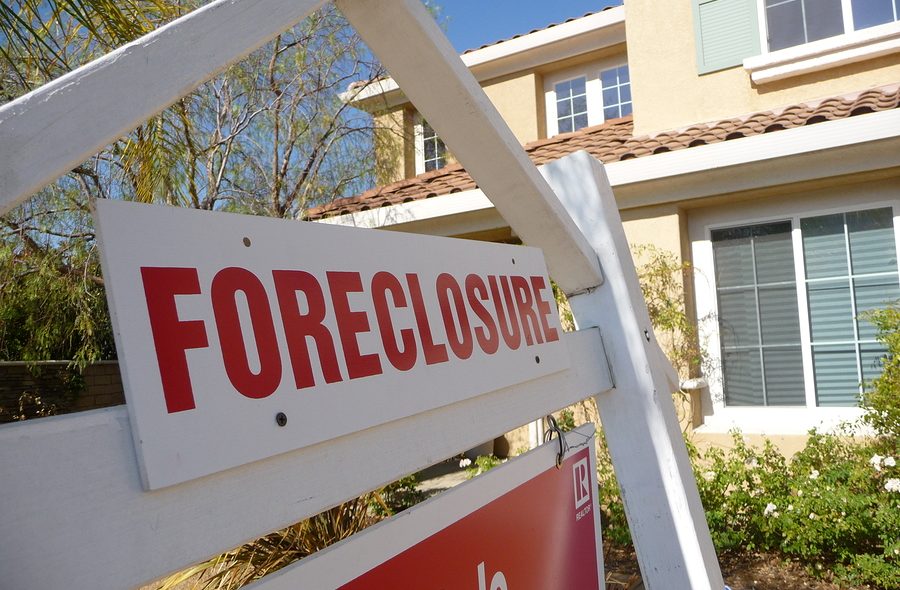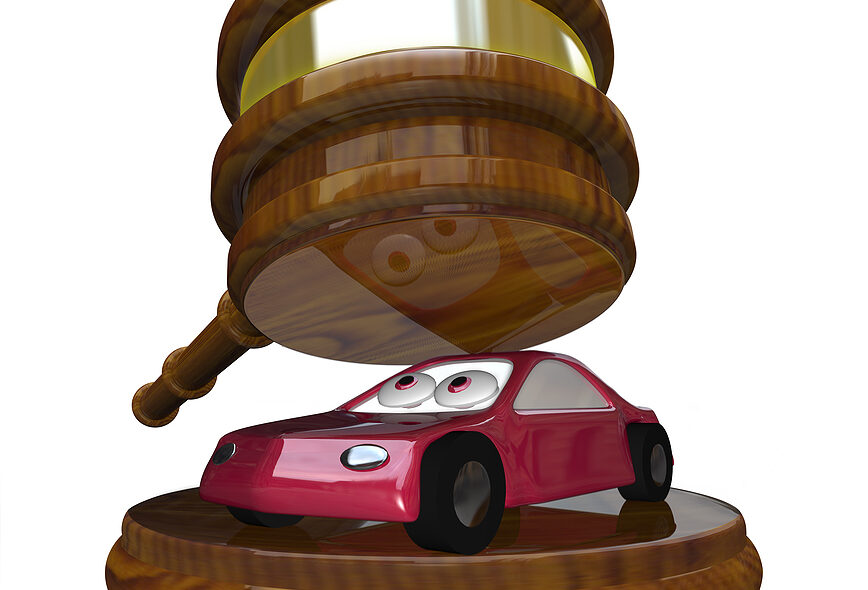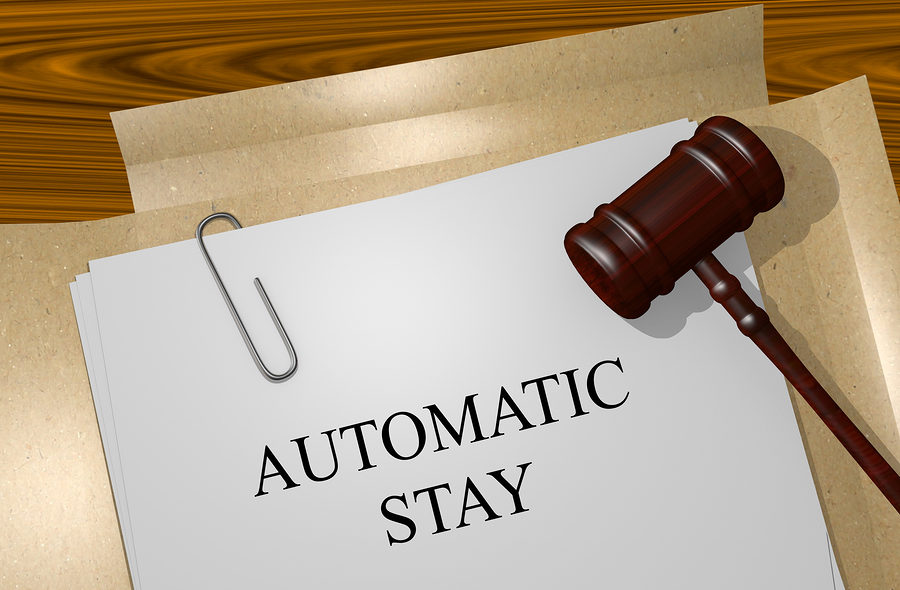Attom released its November 2024 U.S. Foreclosure Market Report this week. The report includes the total number of properties nationwide that have at least one foreclosure filing. The report showed that 29,390 properties had foreclosure filings in November. That represents a 3% decrease from October and a 9% decrease from November 2023.
While foreclosure filings are down month-over-month and year-over-year, the data reveals states, such as Florida, Nevada, and Connecticut, remain high.
Nevada maintains its status as the state with the highest foreclosure rate (one in every 2,941 homes). Florida moved up to No. 2 with one in every 3,047 homes in foreclosure, followed by Connecticut (one in 3,210), Maryland (one in 3,535) and Indiana (one in 3,567).
The city of Miami has one of the highest foreclosure rates (one in 2,551 homes), among metros with more than 1 million residents. Foreclosure starts – means lenders have started the process but have yet to repossess the home.
Click here to read more.
Choosing the right attorney can make the difference between keeping your home or losing it in foreclosure. A well-qualified Miami foreclosure defense attorney will not only help you keep your home, but they will be able to negotiate a loan that has payments you can afford. Miami foreclosure defense attorney Timothy Kingcade has helped many facing foreclosure alleviate their stress by letting them stay in their homes for at least another year, allowing them to re-organize their lives. If you have any questions on the topic of foreclosure, please feel free to contact me at (305) 285-9100. You can also find useful consumer information on the Kingcade Garcia McMaken website at www.miamibankruptcy.com.
REMEMBER: In Florida, the homeowner has rights when it comes to foreclosure! But do not delay.
Related Resource:
Kingcade & Garcia, P.A.- Foreclosure Defense (youtube.com)



